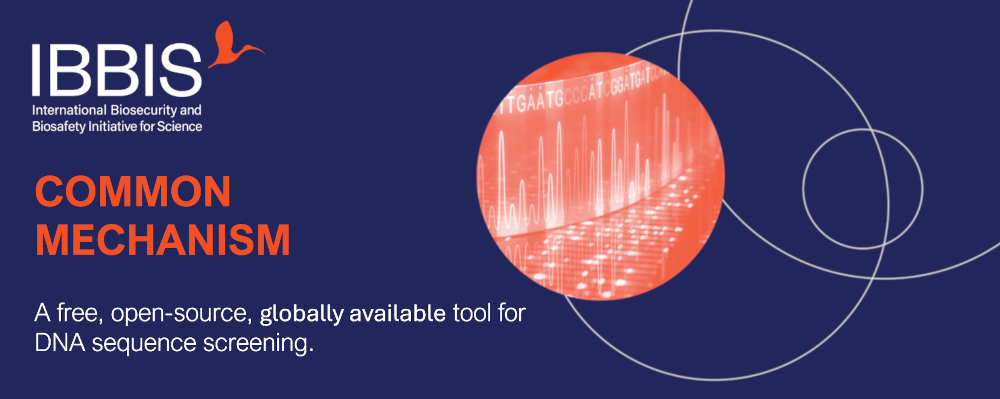The commec package is a tool for DNA sequence screening that is part of the
Common Mechanism for DNA Synthesis screening.
The Common Mechanism offers three sub-commands through the commec entrypoint:
screen Run Common Mechanism screening on an input FASTA.
flag Parse all .screen files in a directory and create two CSVs file of flags raised
split Split a multi-record FASTA file into individual files, one for each record
The screen command runs an input FASTA through four steps:
- Biorisk scan (uses a hmmer search against custom databases)
- Regulated protein scan (uses a BLASTX or DIAMOND search against NCBI nr)
- Regulated nucleotide scan (uses BLASTN against NCBI nt)
- Benign scan (users hmmer, cmscan and BLASTN against custom databases)
The .screen file produced by that pipeline can be passed to flag to produce two output CSVs.
flags.csv will have the following columns:
filename: .screen file basename
biorisk: "F" if flagged, "P" if no flags
virulence_factor: "F" if flagged, "P" if no flags
regulated_virus: "F" if flagged, "P" if no flags, "Err" if error logged
regulated_bacteria: "F" if flagged, "P" if no flags, "Err" if error logged
regulated_eukaryote: "F" if flagged, "P" if no flags, "Err" if error logged
mixed_regulated_non_reg: "F" if flagged, "P" if no flags, "Err" if error logged
benign: "F" if not cleared, "P" if all cleared, "-" if not run
The flags_recommended CSV just has two columns, "filename" and "recommend_flag_or_pass". The recommendation is based on the following decision flow:
The online documentation is located at the GitHub Wiki.
Development dependencies are managed through a conda environment. Install conda, then make sure that your channels are configured correctly.
conda env create -f environment.yml
conda activate commec-dev
From here, you should have an interactive version of the package installed via (pip -e .) as well
as the necessary shell dependencies.
The Common Mechanism is a project of IBBIS, the International Biosecurity and Biosafety Initiative for Science. From 2021-2023, the software and databases were developed by a team of technical consultants working with the Nuclear Threat Initiative, led by Dr. Nicole Wheeler of the University of Birmingham, and including contributions from Brittany Rife Magalis of the University of Louisville and Jennifer Lu of the Center for Computational Biology at Johns Hopkins University. In 2024, IBBIS became the home of the project

